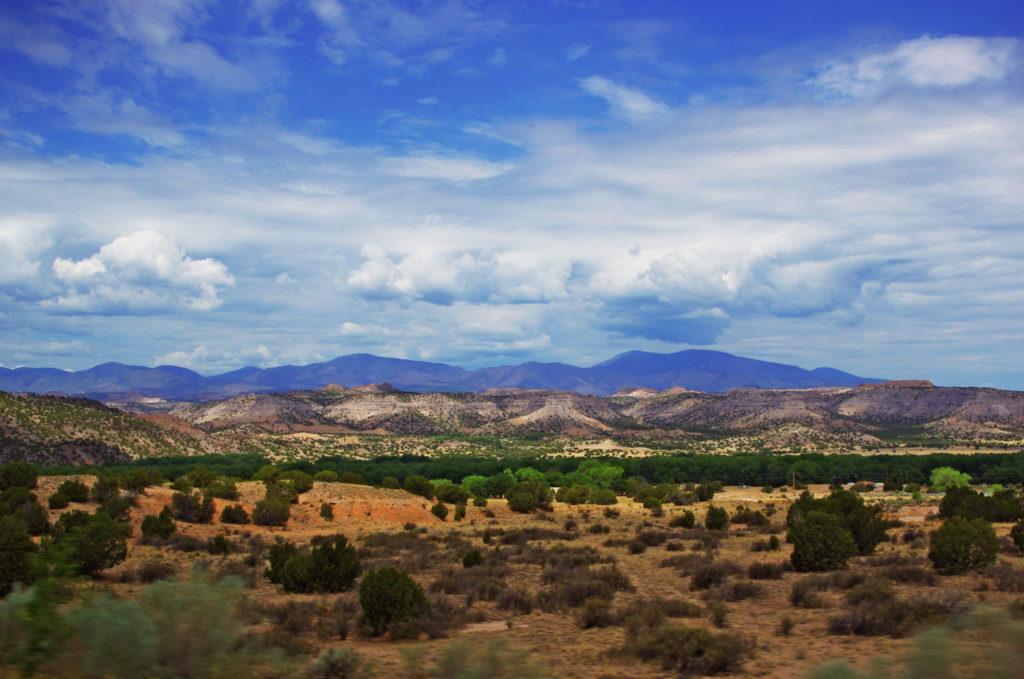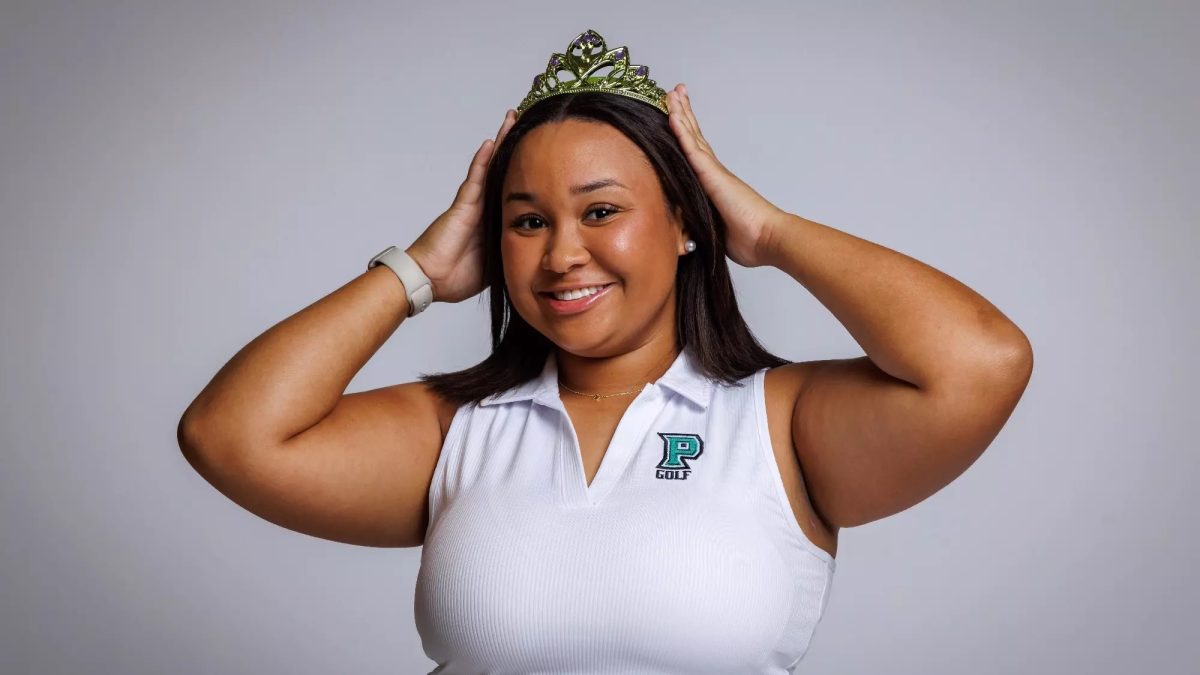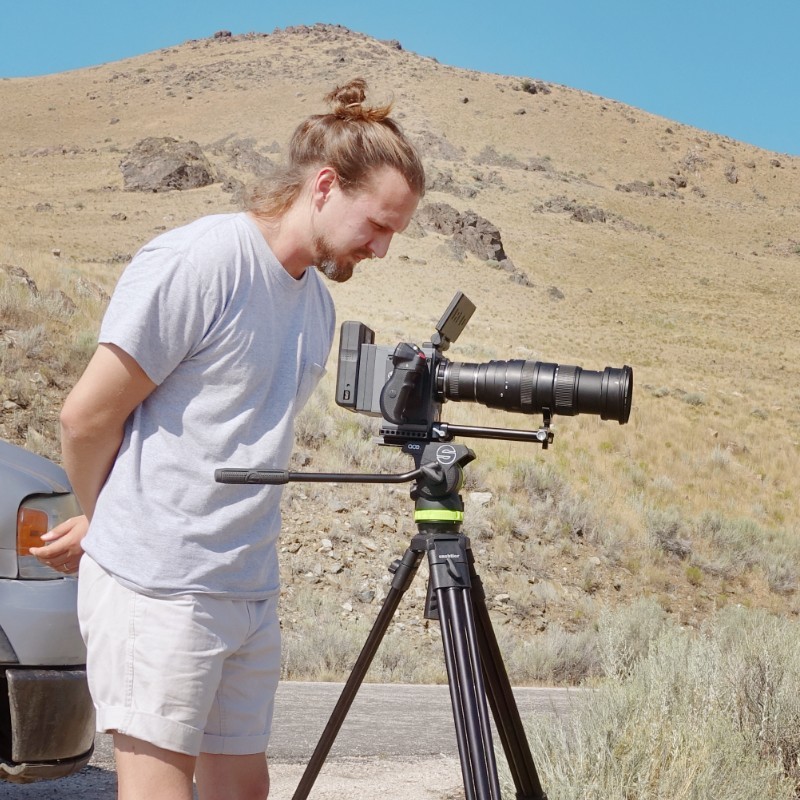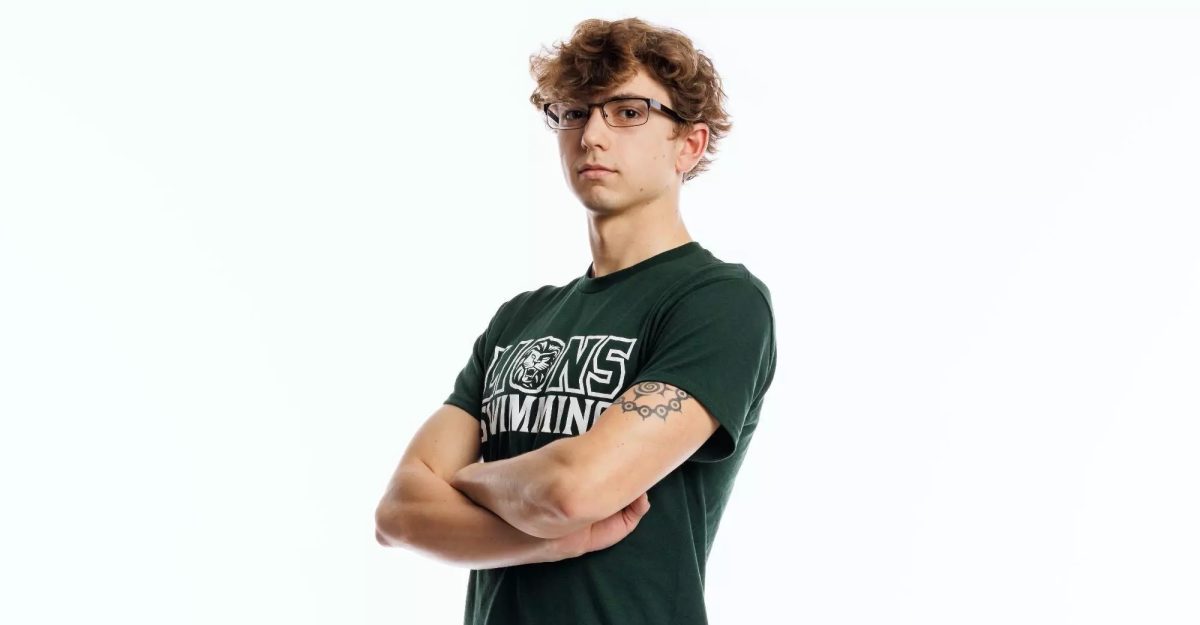
When I was growing up in Mexico City, our house had two rooms: a kitchen and a living room. We had one old, stiff and hard queen-sized bed. Our one bed was for all six of us to sleep in. Our bathroom was not inside the house. The bathroom was built out of concrete blocks, and it was no bigger than half the size of a twin bed. It had a toilet and a drain with a divider, and no other plumbing.
On a normal school day, I would get up at 5 a.m. to take a shower. I would get water from our small, brick well with a metal laundry tub. I would gather some wood and build a fire to heat up the water. After the water was warm, I would take it to the bathroom and shower with it. I would use a small, plastic bowl to pour water over me. After showering, I would eat bread with milk for breakfast, if we had any.
In Mexico, people must walk to get to school. My school was about 10 minutes from my house. To get to my school, I walked roughly one-tenth of a mile to get to the next road. At that intersection, a small brick convenience store sold cooking oil, candy, rice and beans. That’s where we bought our food most of the time. From that intersection, I turned right and hiked down a very steep hill for about one-tenth of a mile. It was all homes and small businesses from there on. Most of the houses were made of wood, and a few from brick. They were all a variety of light colors: red, yellow, pink, blue and white. At the bottom of the hill, I turned left and walked for another one-tenth of a mile. From there, I turned right and walk the final one-tenth of a mile to get to my school.
My so-called “adventure” started a few weeks after I finished the second grade. My mother, Maria, told my siblings and I that we would soon be moving to the United States. My siblings, Jose, Nancy, Eduardo and Lesly were 15, 13, 10 and just over a year old, respectively. I was eight years old. The news amazed me; I wouldn’t have to walk to school five days a week anymore.
In fact, we were all so excited about the news that we decided to break a piñata. Since we didn’t have enough money to buy a piñata, or candy to fill it with, we used my mom’s favorite clay pitchers. It was shiny, red and black. We filled it up with apples, bananas and oranges that we had in the kitchen.
From my house, we took a 60-hour bus trip to Agua Prieta, a Mexican city just on the border of Arizona. We stayed in a two-story house for five days, waiting for our “coyote,” a person who helps cross people over the border. In that same house, there was a woman with a daughter who was just three years old. The coyotes took them to cross the border, but later brought them back because the child cried too much, and they were afraid that they would be caught by border patrol.
We were finally able to talk to a cayote, but he was hesitant to take us because of the bad experiences he had with small children. We were finally able to convince him to guide us, under the condition that we would make sure my sister would not cry.
The coyote told us to be ready to walk by 7 p.m. He gave us black shirts and black pants to wear. We took nothing but four gallons of water and a couple of limes to prevent us from dehydrating.
A few minutes before 7 p.m., we all gathered up. We were 25 in total. My family made up six of the group, and there were six other women and 13 men. We started to walk in a flat terrain with nothing to see but junked, rusty cars. The heat of the sun had caused the paint to fade away from most of the cars.
After several miles of walking, we reached a piece of land that had some green and yellow bushes and small trees. There was nothing to see for miles except for those green and yellow bushes and trees. At this point, it was getting dark.
My mom, along with the rest of my family, was at the back of the line. She was carrying my sister Lesly in a shawl. The coyote was nice enough to take me with him in the front of the group, since I was the youngest person in the group who could walk. During our first night around midnight, my tired legs could barely hold me up any longer. Our coyote saw that I was falling asleep, and offered to carry me. I fell asleep on a barren land with nothing but green and yellow bushes and woke up under the shade of a tree surrounded by dirt, sand, cacti and taller, greener desert trees.
At this point, we had entered the desert. I never expected it to be cold in the desert, but when you sleep in the bare sand with nothing except the clothing you’re wearing, it gets cold. We started to walk on the second day at 5 a.m. We came upon a long, steep hill. The coyote went down first to show us how to traverse it. When he got to the bottom, he told us to run down, and that he would catch us at the bottom.
The men went first. They ran down and made it to the coyote without getting hurt. Most of the women, including my mom, could not run down the hill, so they had to slide down. It was a long way down, and they got really dirty in the process. It was even harder for my mom to go down the hill since she also had to carry my sister.
After walking nonstop for seven hours, we decided to rest under a large tree that could hide us from border patrol. Some of the women needed to use the bathroom, and asked the coyote if they could go in a group. The coyote followed them to make sure nothing bad happened to them.
Most of the group decided to sleep while the coyote was gone. When I woke up, my sister Nancy was telling my mom that someone had taken her gallon of water. Apparently, while we were sleeping, another group of people crossed our path and took my sister’s water. We were upset, but we couldn’t do anything about it since they were gone when we woke up.
The cayote, followed by the women who went to the bathroom, came back with a dead yellow and brown snake that was roughly 20 feet long. My little sister’s eyes widened and stayed focused on the coyote as he got closer to our group. He held up the enormous snake, showed it to my little sister, and told her that he would throw it at her if she cried. As the coyote said those words, my little sister quickly looked away and hid her face in the shawl. The cayote hung the snake close to my mom so my little sister could see it, and told the not trail behind, as there were a lot more snakes, and other dangerous animals, in the area.
At around 7 p.m., it was beginning to get dark again. A man from the group shared some of his bread and strawberry jelly with us since he saw we did not have anything except water and limes. The bread was soggy and the jelly had green and black mold on the strawberries from the heat. We still accepted his offer, since we still had one more day to walk and we were hungry. We started to walk again after we had eaten some of his soggy bread and delicious moldy jelly.
It was after midnight on the second night, and all that was visible was the moon and the white, bright stars out in the distance. We walked for hours that night; it felt as if the desert was never-ending. Most of the group was complaining about walking too far without resting. One of the women fainted several times that night because she had walked so much. The coyote finally admitted that his phone was not working properly in that area and that we were lost.
After several more hours of walking, we finally came across a dirt road. As we began to cross it, we heard an engine and saw some lights in the distance.
The coyote immediately said to us, “Quick! Hide! Immigration is coming!”
Everyone in the group scrambled to find hiding spots. Some hid behind scrubby trees, while others hid behind prickly cacti. The cayote and I were the closest to the road since we were in the front of the group. I watched as the lights scrolled past us, and I heard the tires slowly roll by. After the cars were out of sight, the coyote decided to call it a night and told us to rest under a tree that could hide us from border patrol. I felt like prey hiding from a vicious predator.
We got up around 5 a.m. on the third and final day of our journey, and started to walk. After several hours of walking under the beating heat of the sun, we started to see tall, green and yellow grass that was suffering and dying from the heat of the sun. The grass was so tall that it came up to my hips. At this point, we knew that we were getting close. The dead grass crunched under our footsteps like toasted bread.
We finally arrived at a tall, long and rusted fence, which seemed to stretch infinitely in each direction. On the other side of the fence was a small road, with an old broken-down van with its hood up. In reality, that van was waiting for us.
We crawled under the fence as carefully as we could, so we wouldn’t get cut on the rusty metal. Beyond the fence was tall, green grass that grew up to my knees, and green, scruffy bushes that were no bigger than a desert hare. The coyote told us that we needed to run to the van, which was about 150 yards away, as quickly as we could. It sounds like an easy task, but it was extremely difficult after walking for so long.
Above us, there were three or four small airplanes looking for people crossing the fence. The van seemed so far away. We hid under the small scrubby bushes every time the airplanes passed by. I felt like a tiny mouse in the desert trying to outrun a vicious and hungry eagle.
My mom was becoming too tired to continue. She handed my little sister to my brother Jose because she was ready to give up. The driver wanted to leave my mom behind, since she was the last person in the group, but she pushed herself and got on the bus in time. Later, when we arrived in North Carolina, my mom told me that she was worried about my baby sister, Lesly, getting hurt in the van with everyone crammed in so tight. Her concern for my sister was what motivated her to continue to the van.
The driver took us to a house in Phoenix, Arizona, where we got to eat, shower and rest. The family who lived in the house fed us scrambled eggs with sausage. That may not seem like a lot, but for a kid who eats eggs one day and sausage a week later, eating scrambled eggs and sausage at the same time was a dream come true.
After I ate, I went to take a shower. The family gave me some clothing I could wear, since the clothes I had were torn and cut from running through the cacti.
I entered the bathroom and was struck by awe. There was a toilet, a sink and a bathtub, all in the same room. It was my first time seeing a bathtub, which I thought was amazing. I was so mesmerized by the shiny, white tub that I didn’t notice what the rest of the bathroom looked like. I filled the tub up to the very top with warm water. The water stung against my cuts, but at the same time, it felt amazing to be in warm water that I didn’t have to boil first. I tried to put my whole body in the water, but I swallowed some water and I decided it wasn’t a great idea to submerge myself.
After showering, I went to the room that was given to us to sleep in. There barely any room left on the bed, so I curled up in a ball at the bottom of soft, puffy mattress. I slept so well that I did not even feel the night pass.
The next morning, the same coyote gathered everyone who was heading to North Carolina and gave us a ride. We had to make several stops to get food, use the bathroom and drop people off on the way to North Carolina. There was a 16-year-old girl who was also going to North Carolina, and she stayed with me during the whole ride. She held my hand when we went to buy food, and she walked with me to get to the bathroom. There I was, an eight-year-old boy, fallen in love with a 16-year-old girl. After three days, we finally made it to Hendersonville, North Carolina, my family’s destination. We got dropped off with my oldest brother Johny, who was waiting for us impatiently. I waited for the sixteen-year-old girl to get out with me, but, just my luck, she had fallen in love with the coyote, who was in his mid-thirties.
The desert is a lot like they describe it on television and in books. The desert bakes under the sun during the days and freezes under the bright, silvery, icy moon during the nights. There are dangerous animals that will kill you in a blink of an eye. There are cacti that will cut you with their thin and sharp spines. I would never wish for my worst enemy to spend three days and two nights walking across the desert, with only four gallons of water and a couple of limes. At eight years old, I had no choice in whether or not I would make this difficult journey. The decision was made that my family would make the journey, and I went with them. Even though we struggled to get where we are, to this day I appreciate where I am. There are others who would literally die to get here.








